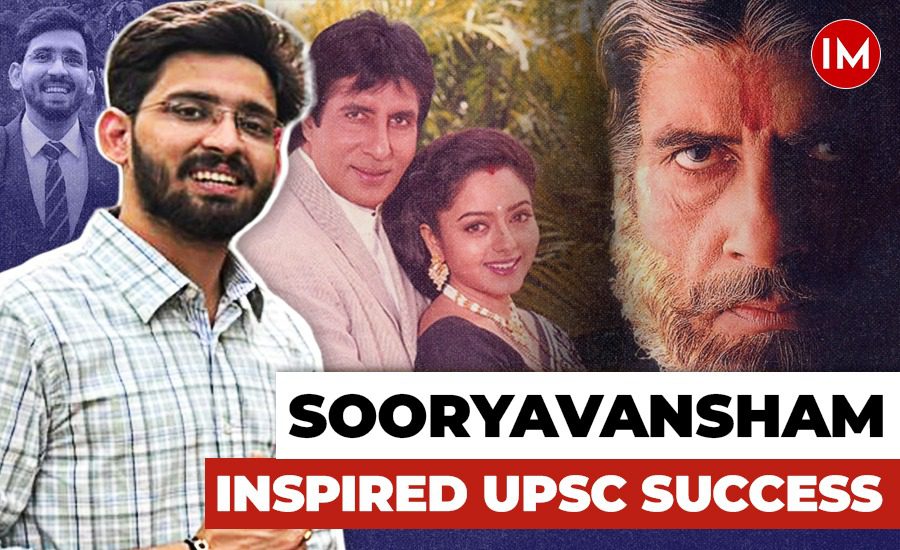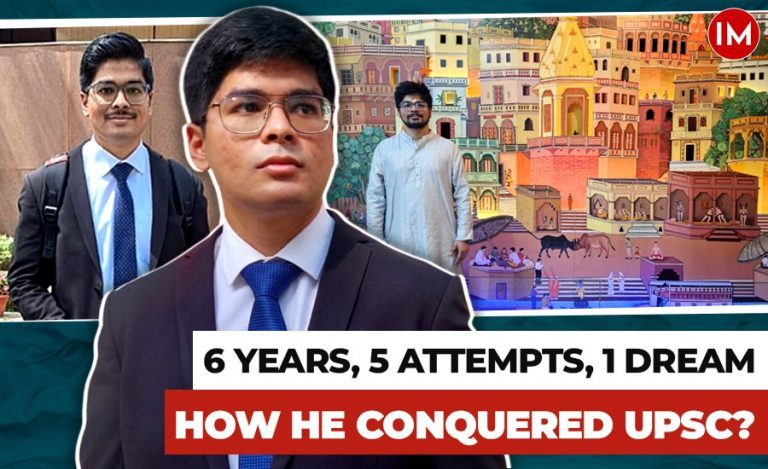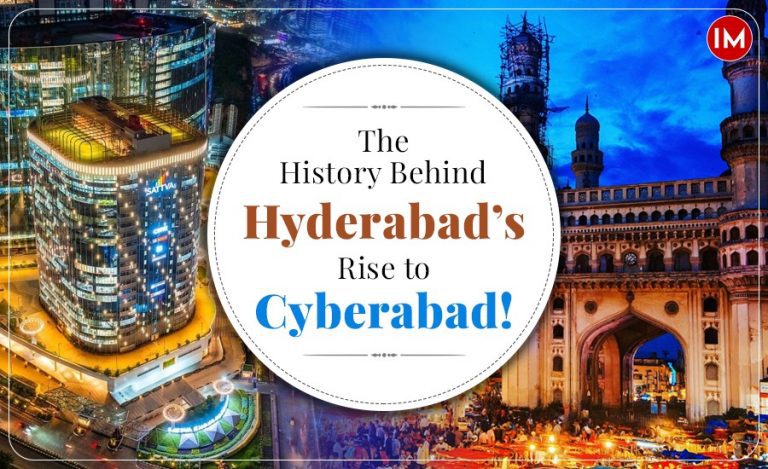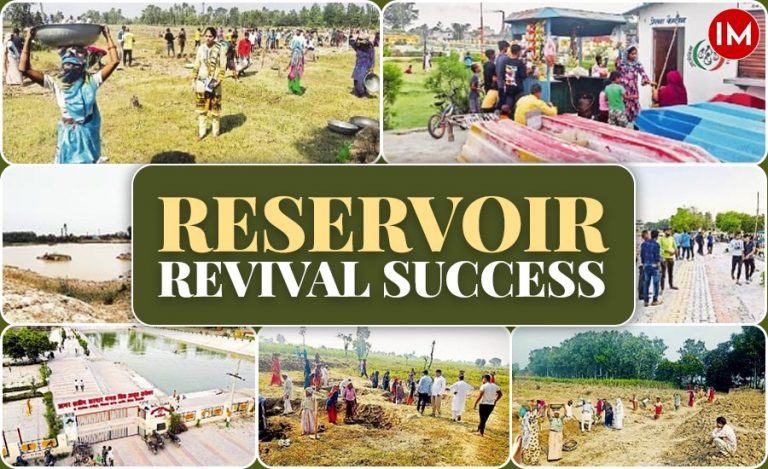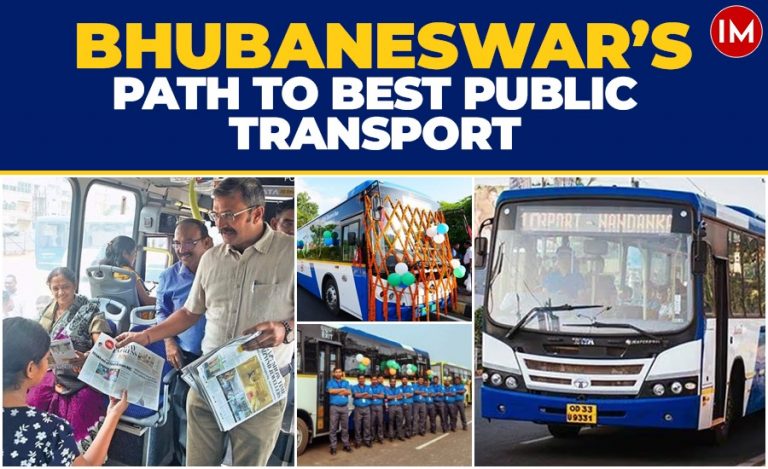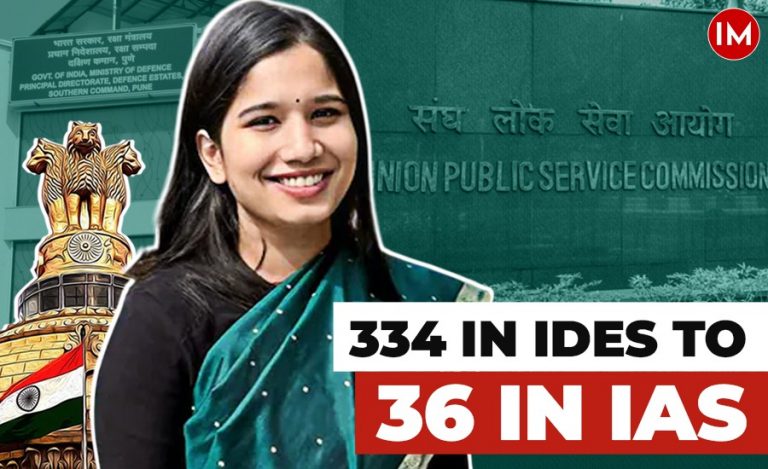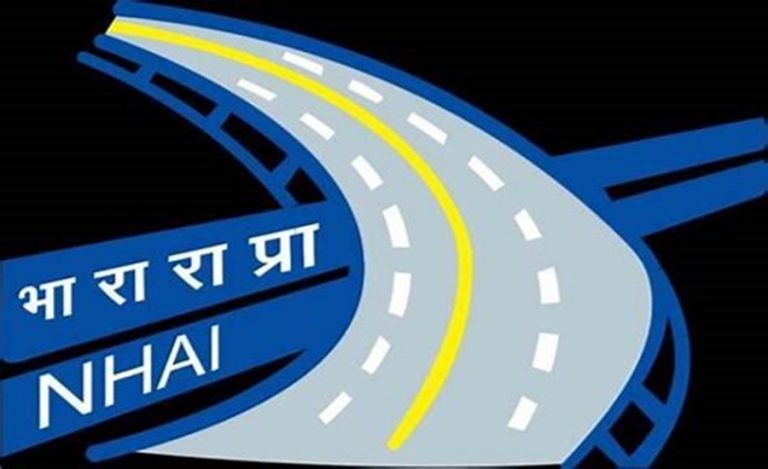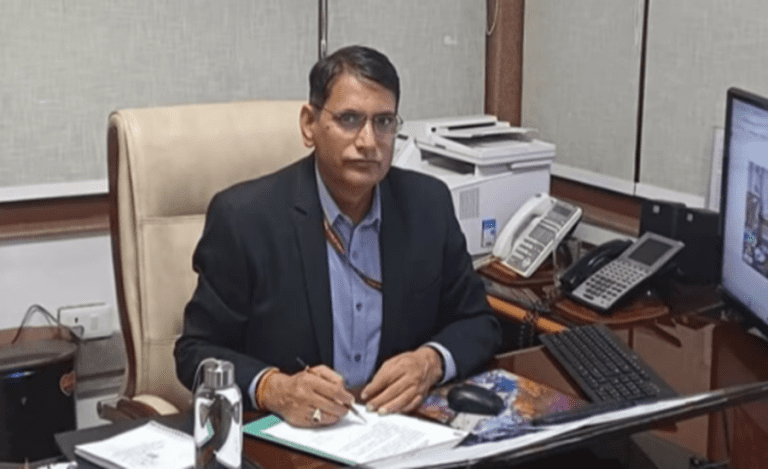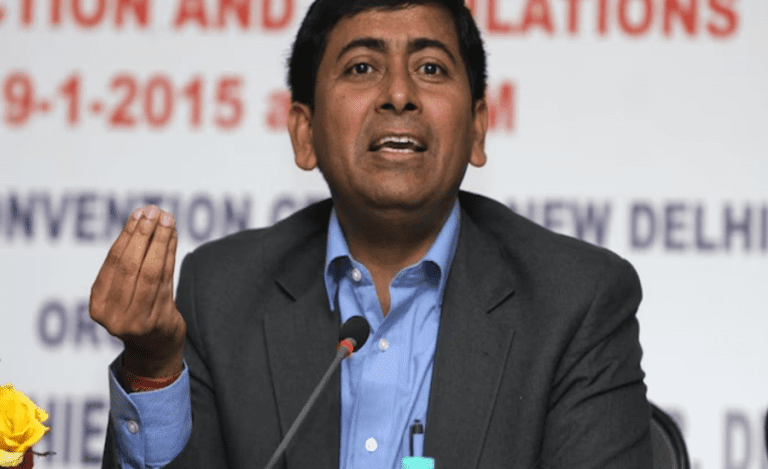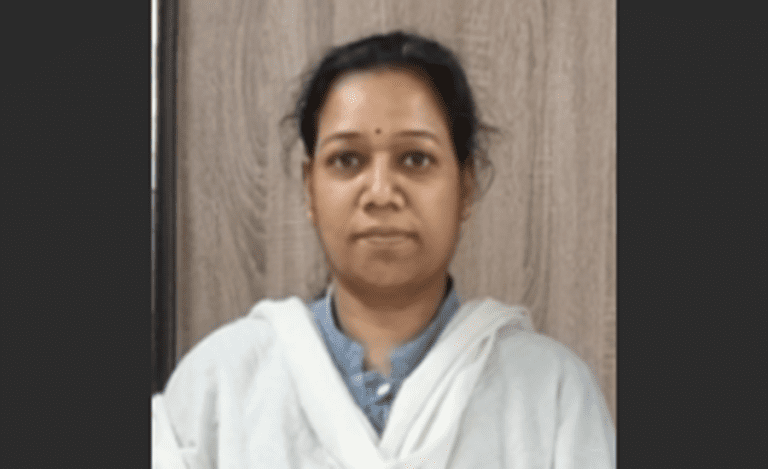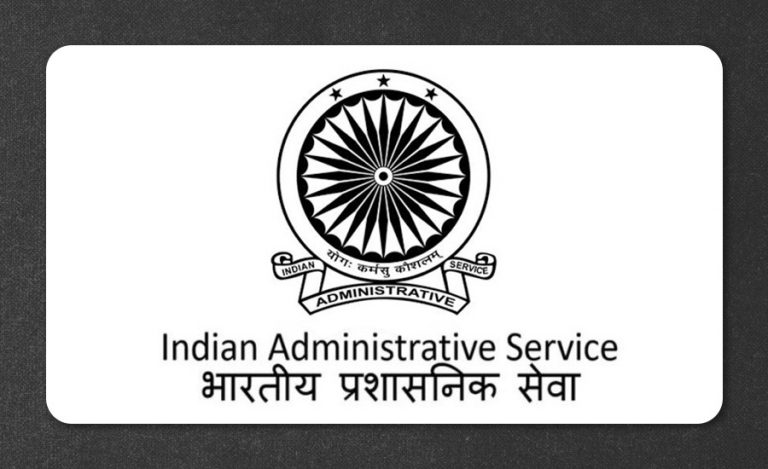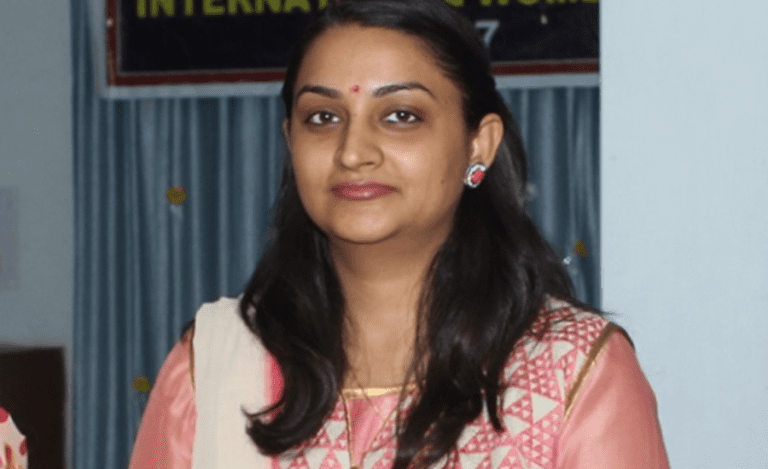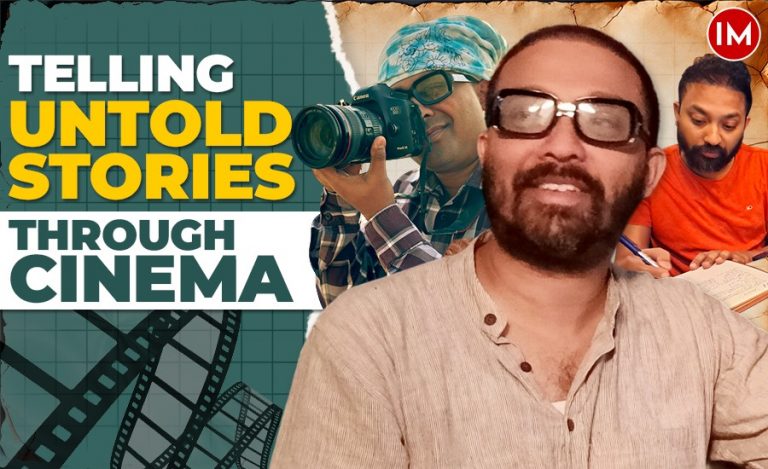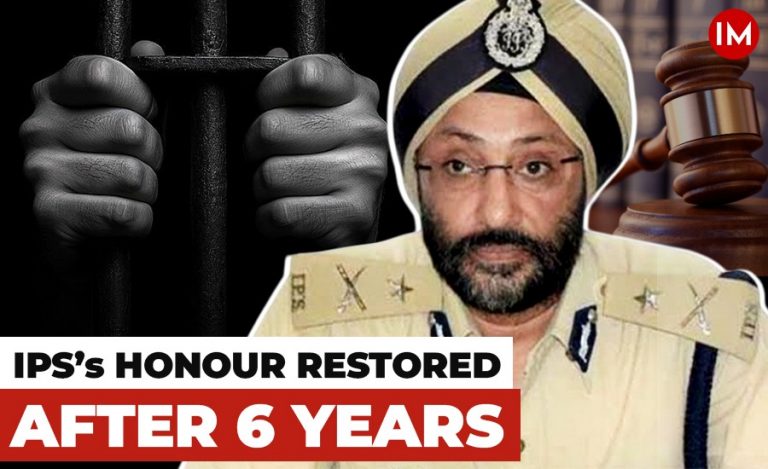The 1999 film Sooryavansham features a powerful scene where a young woman returns to her village, not as the meek Radha she once was but as a respected district collector. This pivotal moment sparked a dream in a young Rahul Sharma, a dream that would propel him on a path to success in the coveted UPSC Civil Services Examination.
Speaking with Indian Masterminds, Rahul shared about his UPSC journey, his attempts, and the interview round.
WHY UPSC CSE?
Born and raised in Sangaria, Rajasthan, Rahul’s childhood was steeped in the warmth of a close-knit family. His mother, a homemaker, and his father, in the state GST department, instilled in him the value of public service. It was during a casual television viewing with his father in the sixth grade that the seed of ambition was sown.
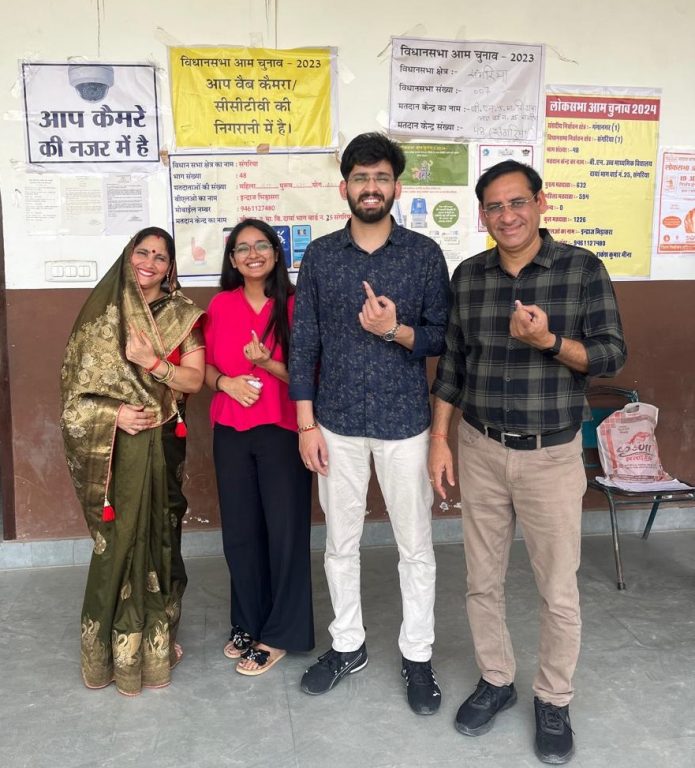
Witnessing the transformation of the female protagonist in Sooryavansham, a curious Rahul inquired about her newfound position and the accompanying respect. His father’s explanation ignited a spark within him. “Someday, I will also become a collector,” he declared jokingly, unaware of the true meaning of the word ‘collector’ at the time. Yet, the essence of serving the community and earning respect for it resonated deeply.
Fast forward to his college days at the prestigious IIT Roorkee, where Rahul excelled in civil engineering. The air buzzed with discussions about the UPSC Civil Services Exam (CSE), a career path many of his peers aspired to. However, Rahul felt an unyielding pull in a different direction. He wasn’t driven by the allure of CSE but by the powerful memory of the ‘collector’ in Sooryavansham.
OVERCONFIDENCE LEADS TO FAILURE
Following his graduation in 2020, Rahul made a conscious decision to take a different path. He believed in his abilities and harbored confidence that he could clear the exam on his first attempt. This self-assurance, however, proved to be his Achilles’ heel. The first attempt at the prelims was a humbling experience. Overconfidence, fueled by past academic success, led him to underestimate the complexity of the exam. He was unprepared for the pressure of the prelims and failed miserably. “Some questions made me anxious, and I couldn’t attempt answers in the prelims exam,” Rahul shared.
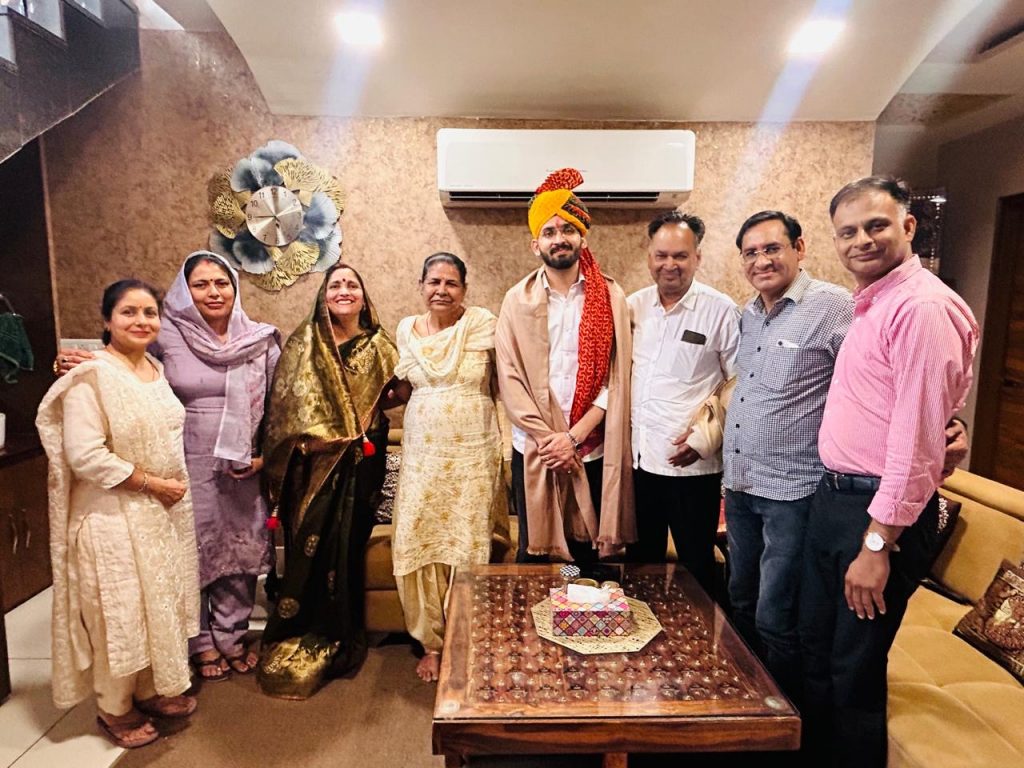
FATE HAD OTHER PLANS
The initial setback was a harsh awakening. A week of introspection followed, filled with doubt and uncertainty. But Rahul’s determination wouldn’t be easily swayed. He rekindled his resolve and dove back into preparation. “I cleared prelims in my second attempt, but six days before the mains exam, I was struck down by a bout of severe dengue and had to skip the mains,” Rahul shared.
FINALLY CLEARED!
In his third attempt, his approach was marked by a newfound maturity. He meticulously crafted a study schedule, severing ties with distractions like social media. A new SIM card ensured minimal interruptions from friends. From April 2023 to September 2023, he immersed himself wholeheartedly in his studies, treating them as a cherished pursuit rather than a chore. He embraced a rigorous routine: “I dedicated 10–12 hours daily to effective studying. This dedication paid me off as I aced the CSE in my third attempt with AIR 628.”
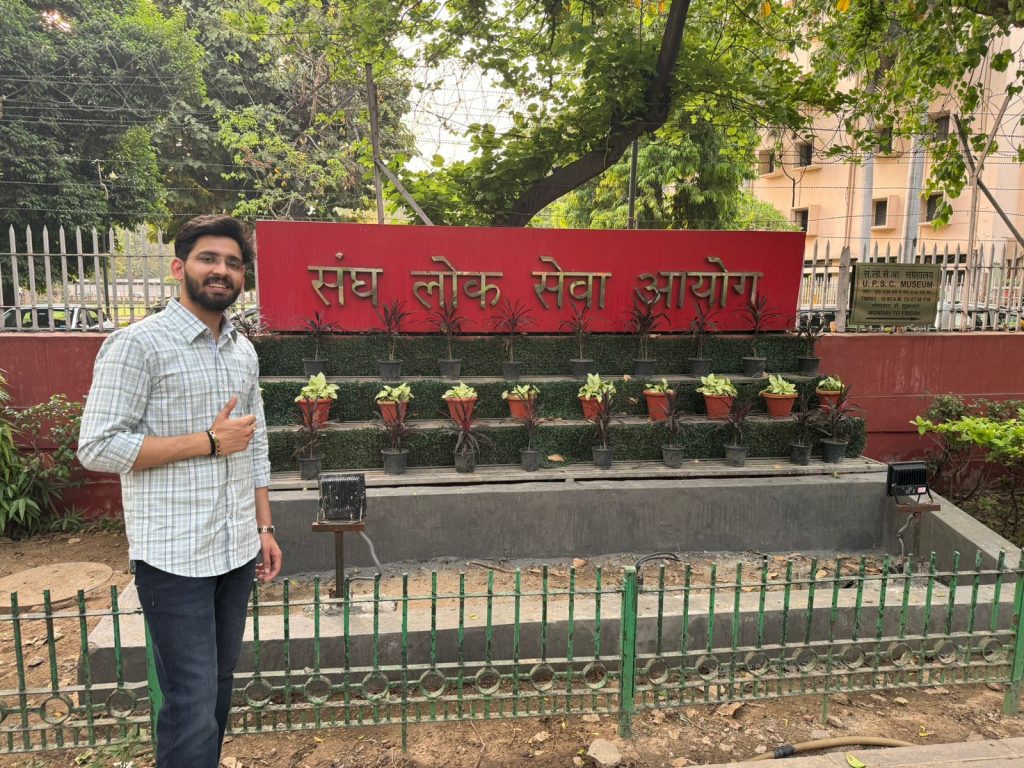
LOWEST IN INTERVIEW
The third attempt, however, proved to be a charm. Rahul approached the interview with a balanced demeanor. His usual calm and thoughtful nature, which earned him compliments during mock interviews, might have been misinterpreted in the actual round. “My humble behavior and lack of fancy English might have held me back in the interview round,” he shared. The interview, though insightful, yielded a lower-than-expected score of 124.
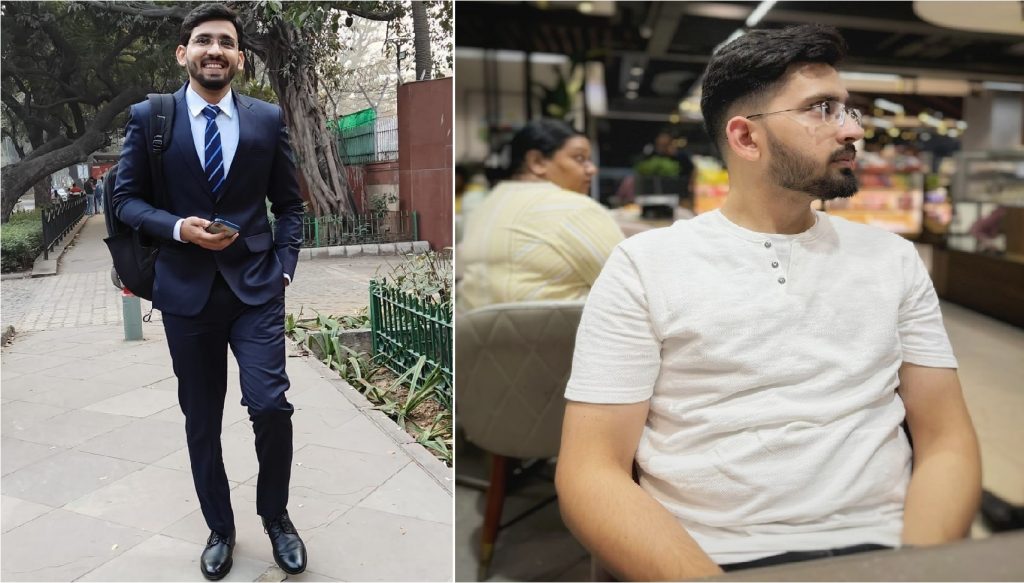
MATHEMATICS OPTIONAL
Despite the interview score, Rahul’s exceptional performance in the optional subject, mathematics (a subject he excelled in throughout his academic career), came to his rescue. His score of 314 in the optional subject propelled him towards success, landing him on the final list.
While concluding, he says that self-belief is important. “You should manifest your success. Be aware of your surroundings; only bookish information is not enough.”

